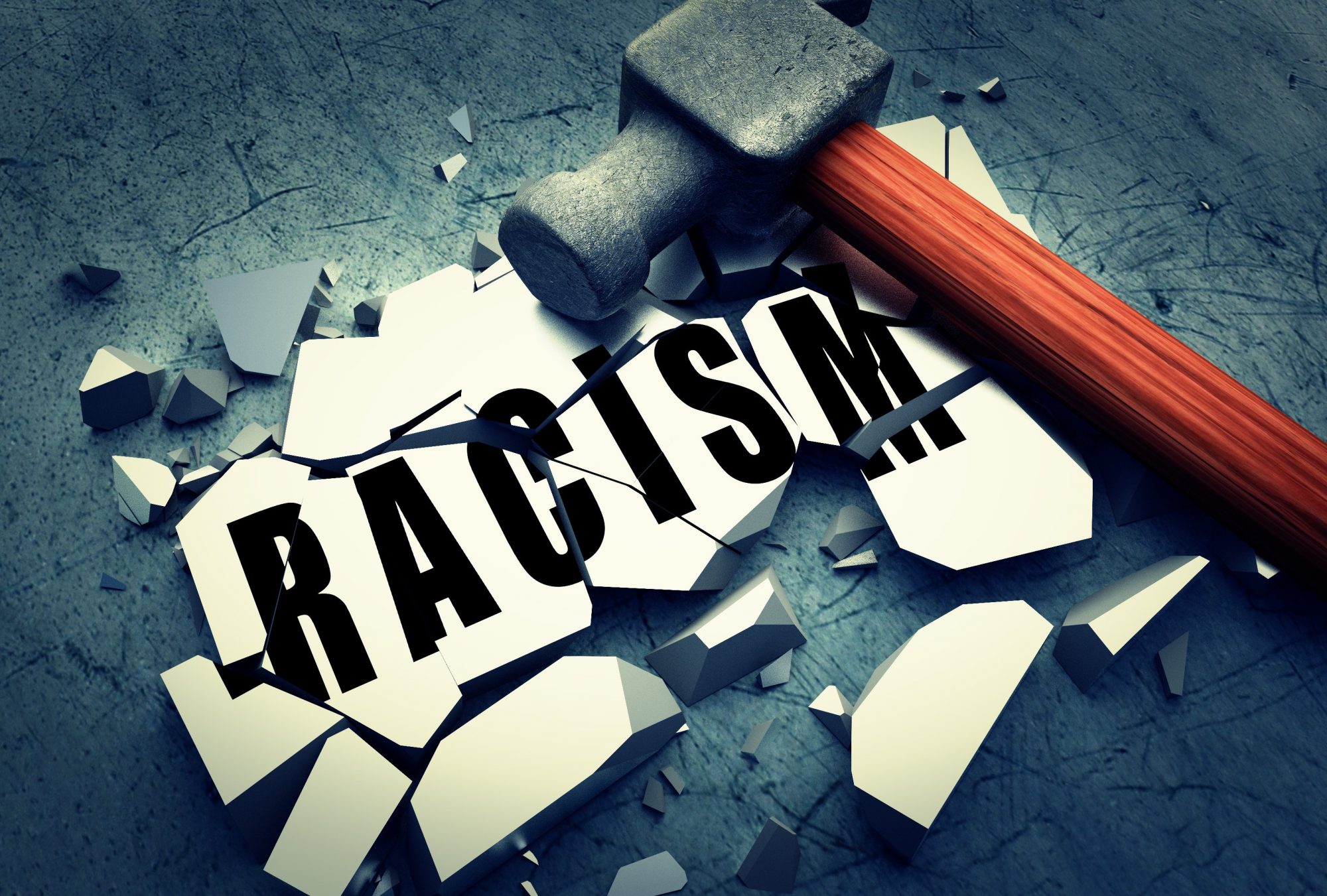Racism. Perhaps no other word generates as much frustration, anxiety, and division in contemporary American life. Every day, we confront issues around race and racism. Does voting for Donald Trump make a person racist? What about a bystander calling the police on a black family picnicking in a park? Or a film awards season that includes zero nominations for artists of color? Is claiming “Black Lives Matter” discrimination against white people? These questions highlight significant contradictions about the persistence of racism. In the generations since the Civil Rights Movement, few Americans self-identify as “racist.” And yet, even as many of us espouse anti-racist values, the mere suggestion of “racism” mobilizes defenses, rendering many tongue-tied and crippling conversation.
In truth, racism is far more complicated than random acts of racial animus. Racism infiltrates much of America’s political, cultural, economic, and social life. It structures our institutions, influencing religion, sports, art, entertainment, medicine, and even our sex lives. It shapes our daily interactions and our significant relationships. More troubling, racism evolves and changes. As soon as we defeat old racial injustices, new and more ambiguous ideologies emerge, maligning once socially acceptable practices as racially insensitive and divisive. Whether we “make everything about race,” defend the dawn of a “post-racial” America, or ignore discussing it for the sake of civility, racism permeates the lives of every single American. No one can escape its powerful impact.
This seminar does not attempt to solve the problem of racism (no class can accomplish that). However, by understanding how race and racism “work” in contemporary American society, this course begins meaningful conversation. We will not only explore how these systems evolved but also how their legacies continue to define the institutions that scaffold our lives. Confronting some of today’s most controversial and misunderstood issues, we will investigate the factors that undermine productive conversations around racism and inhibit its complete annihilation. Finally, we will explore the various strategies people deploy to challenge and uphold racial injustice and inequality. Drawing on a panoply of academic and popular scholarship, this seminar seeks to arm students with a “cultural toolkit” to contemplate, debate, and write about one of our country’s most enduring and vexing moral and social problems.
Discussions about race and racism are never easy. They can often create awkward and uncomfortable social interactions, and as a result, people prefer to remain silent than to fear offending others. The seminar requires you to challenge that impulse. We will confront material in this class that might make you feel uncomfortable. You might not understand certain ideas or concepts that others expect you to know. You might make a comment or ask a question that might make yourself and others uncomfortable. There are times where you will disagree with the readings, with your fellow classmates, and yes, sometimes even with me.
And that is okay.
This seminar prioritizes critical engagement over titillation. The enterprise of generating vibrant class discussion necessitates that you cultivate your sociological imagination. This sometimes means presenting half-baked ideas (including ideas that sounded better in your head than out of your mouth) and asking clarifying questions to gain mastery of the course material. We will work on building an environment that welcomes and respects others’ ideas and experiences. Disagreement (with each other and with the professor) is welcome; judgment and personal attacks are not. To those ends, I encourage students to focus their comments and analysis on the common readings. Students are certainly welcome to share personal experiences and anecdotes, but they should not become substitutes for critical engagement with assigned material or broad analytical thinking. I also encourage students to listen actively to their peers’ comments and ask for clarification as needed; or respond to specific comments by referring to the course material. Discussions can be personal without analysis becoming personalized.
Click here for an updated version of the course syllabus.
